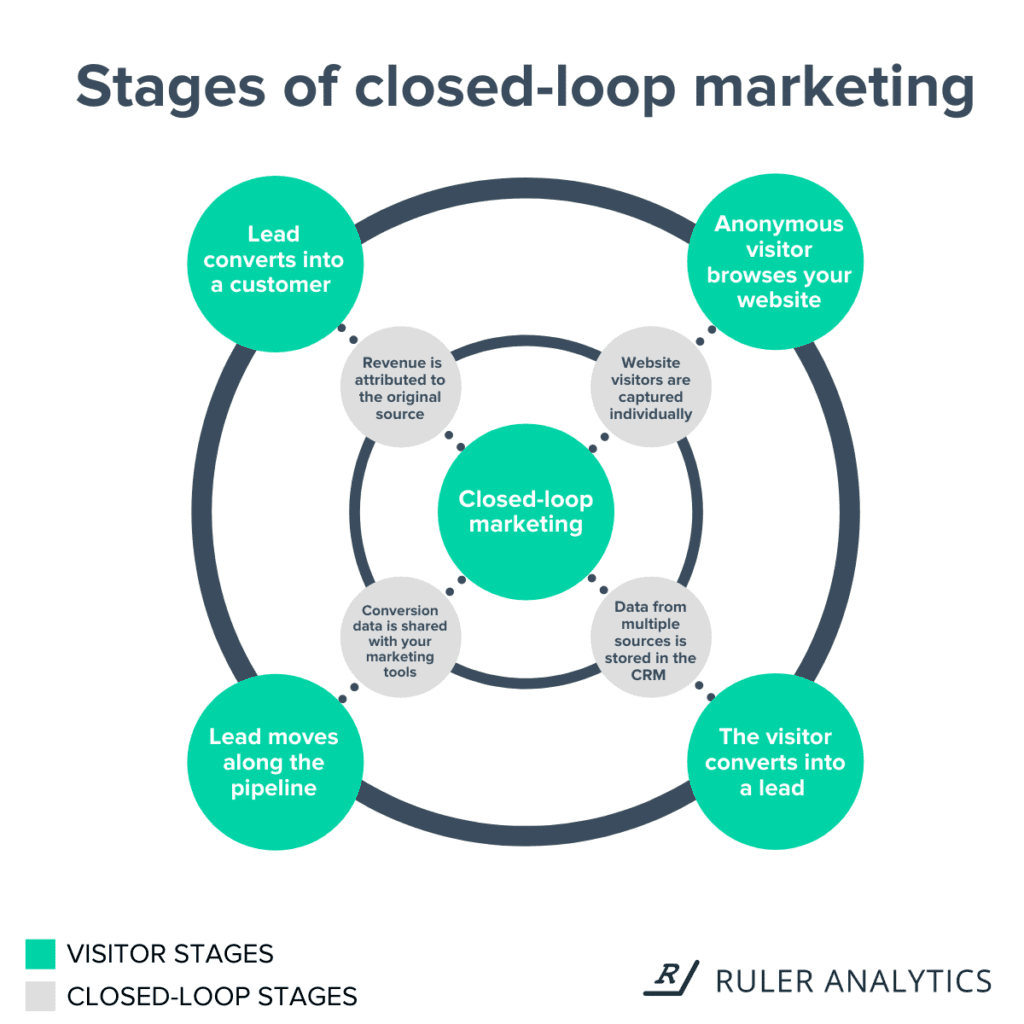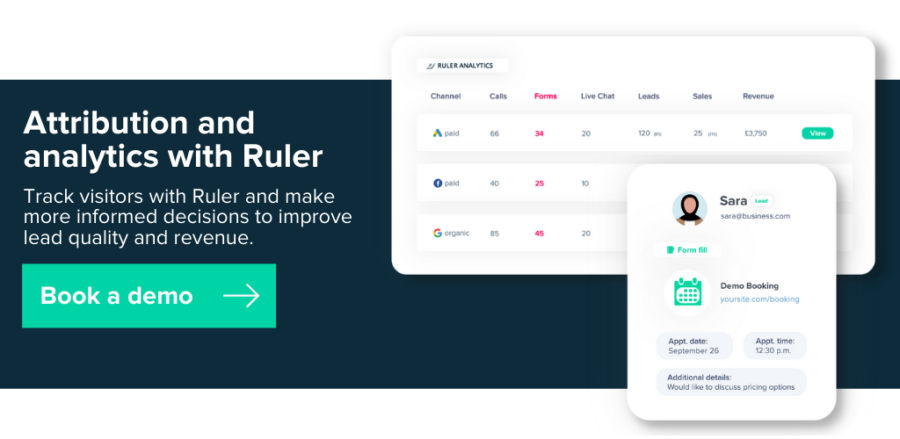It’s easy to make assumptions about clients and what they want and need. But by knowing what clients really want from your agency, you can make informed decisions to prove their value, eliminate trust issues, and overcome declining growth rates.
What clients think they want and what they really want from marketing agencies are often two different things.
Clients might think they want your agency to execute on requested tasks.
But, what they really want is to benefit from your agency’s expertise, to derive value from your ability to recommend proven solutions to their most complicated business problems.
By providing clients with the five things they really want (even if they don’t yet know they want them), agencies can strive to build better relationships, squash churn rates and increase lifetime values.
For this article, we’ll discuss:
💡 Pro Tip
While many of us do frequently report on our marketing performance, there’s a bit of uncertainty on what we should (or shouldn’t) include in our digital marketing reports. With our guide on marketing measurement, you’ll learn everything there is to know about building high-powered digital marketing reports for your clients.
Download a complete guide to measuring your marketing
The reign of massive, full-service, cross-industry agencies is coming to an end.
Instead, businesses are turning to consult companies, smaller niche agencies, and independent contractors when specialised expertise is needed.
In his final episode for Hubstaff’s Agency Advantage Podcast, Andy Baldacci discussed his overall learnings from the interviews he conducted of 77 agency owners.
His number one tip for agencies: develop a narrow position.
Don’t specialise in digital marketing for small businesses.
Specialise in content marketing for business-to-business companies in the financial sector, or building websites for law firms, or search engine optimisation for hotels in your local area.
Develop a distinct and detailed position:
Baldacci says that agencies resist positioning because they’re afraid choosing a niche is too limiting, but he argues that you don’t need hundreds of clients to build a large agency.
What you need is the ability to charge a small number of clients more money for the services you offer.
Positioning creates expertise, and expertise justifies higher costs.

Transcript from Andy Baldacci on 6 Steps to Building the Agency of your Dreams.
If you’re the only agency offering SEO specifically to local hotels, no other agency can compete with your expertise, and clients will be willing to pay more for that expertise.
By choosing a niche and becoming an expert, you can have fewer clients who are willing to pay higher amounts because you’re offering a specialised service that no full-service agency can compete with.
This also allows you to operate with fewer employees and lower operational costs.
You don’t need a variety of employees who are experts at all, potential digital marketing services for all potential industries.
You only need experts for the specific service you offer, and by focusing on that service within a specific niche, employees will get to know your focus industry in great detail.
The agency of the future is smaller and more specialised.
Choose a niche, and become an expert.
Too often, agencies operate as order-takers.
Clients submit requests, and agencies fulfIl those requests.
A client wants a new website, so the agency builds it.
A client wants content for their blog, so the agency supplies content.
The problem with this model is that you’re delivering a product, but you’re not necessarily delivering value.
When a client comes to you with a request, it’s not enough to simply fulfil the request.
You need to dig deeper.
Find out why they want.
What they’re asking for.
The answer will always be that the client is trying to solve a business problem, maybe they want more leads, need to increase revenue, or are trying to attract a different demographic.
The prospect or client may have gotten the idea for the solution they’re requesting from something they read online, but it may not be the best solution to their problem.
The job of the agency is to take time to understand the underlying problem and provide solutions that are likely to solve it.
It’s this exercise that allows agencies to provide real value, not the ongoing completion of randomly requested tasks.
For example, a B2B company may ask you to create a TikTok profile and marketing strategy.
If you dig deeper and find out why it may be because the CEO of the company read that other businesses saw success with social media marketing on TikTok.
You can then provide demographic information for the channel to show why TikTok won’t provide the desired ROI.
It’s primarily used by high schoolers and college-aged students who aren’t making purchasing decisions for businesses, and suggest alternative strategies that will lead to increased ROI.
More than half of clients say that what they really want from agencies is help with business strategy and consumer insight, but it’s easy for clients to lose track of those goals when executing on day-to-day tasks.
Instead, the agency of the future must take the lead, seek to understand the problem clients are trying to solve with requests, and use their expertise to offer alternative solutions that will drive real value.
One of the reasons leading to Booking.com’s decision to replace their agency with in-house employees was to overcome the delays of working with an agency.
When they wanted to request a change, they’d have to schedule meetings with multiple agency contacts weeks in advance.
When clients want to make changes or need assistance, complex team structures and long delays in response are detrimental.
Modern life is instantaneous.
When people have questions, they turn to their phones or smart speakers for instant answers.
That simplicity and convenience have become commonplace, making delays and complications more frustrating than they were in the past.
Clients seek simplicity.
They want a primary point of contact and reasonable response times.
Going back to expertise, having fewer clients that pay higher rates makes it simpler to give clients the attention they need in the moment they need it.
On the other hand, if you’re trying to manage hundreds of clients, you’ll have an exponentially higher number of questions and requests, as well as more team members that must be involved with changes.
This creates complexity and delays, encouraging clients to seek simpler solutions.
Provide clients with a primary point of contact, and set standards for response times.
This will simplify the relationship between clients and your agency and amplify client satisfaction.
Trust is the product of accurate, detailed, and verifiable reporting.
First, clients need detailed reports on why certain marketing activities and campaigns were chosen.
If you decided to focus on email marketing instead of SEO, explain the reasoning for that decision in a report.
If it’s more cost-effective, say so.
If it’s been proven over time to drive more leads than organic search, provide a report that proves it.
Don’t say—show.
The same holds true for reporting on results.
Clients should receive detailed reports that explain what was done, why it was done, and what the results are, and they should have access to the analytics platform you’re using so they can validate the accuracy of the reports.
In all likelihood, your clients won’t bother to validate reports, but providing them with the means to do so gives them confidence that the numbers you’re reporting are accurate.
It is only through transparency that trust is earned.
Take the time to provide detailed reports that highlight the ROI of your efforts in a manner that’s unquestionable.
Effective marketing follows the scientific method:
Data is required for the background research (i.e. market research) needed to develop a hypothesis, and data is required to prove or disprove that hypothesis and communicate results.
The marketing agency of the future relies on data.
It needs technology that enables capturing and reporting on the data used to propose solutions, test them, revise them, and determine effectiveness.
The right technology enables closed-loop marketing, the connection of revenue back to the campaigns that generated it.

Sending clients reports on leads generated and traffic increases isn’t enough.
They want to know how your agency is helping grow their business, and increased leads and traffic don’t highlight the impact of marketing on the business’s bottom line.
Successful agencies use tools that enable marketing attribution, and they give their clients access to those tools for transparency.
💡 Pro Tip
Ruler makes the process of marketing attribution much easier. It tracks data on a visitor level, allowing you to successfully attribute leads and marketing-generated revenue across multiple campaigns, ads, keywords and more.
Learn how Ruler attributes revenue to your marketing
They also teach clients to use those tools to form their own insights and opinions, and they’re there to answer questions when the client is struggling to utilise the tool.
The data provides proof of the value your agency delivers, and proof of the success or failure of campaigns.
The tools also create long-term demand for your services.
If clients consider you an expert with the tools they’ve grown to rely on, they’ll be more likely to continue using your services on an ongoing basis, even if the extent of their needs is tied to help with the tools you’ve recommended.
Data allows you to highlight the benefit of your expertise with detailed and data-driven case studies.
It allows you to prove the value you provide and earn trust through detailed and actionable reports.
It’s the foundation of client satisfaction and retention in modern business.
Clients want all of this to be simple and convenient—not another tax on company resources.
If you only focus on one thing, start with data.
Data can provide you with the tools to choose a focused niche, to prove value and gain trust with existing clients, and to increase client retention.
It’s the foundation of modern business and the starting point for eradicating doubt about the future of the agency model.

This blog was published on 27th June 2017 and last updated on 26th April 2022 for freshness.